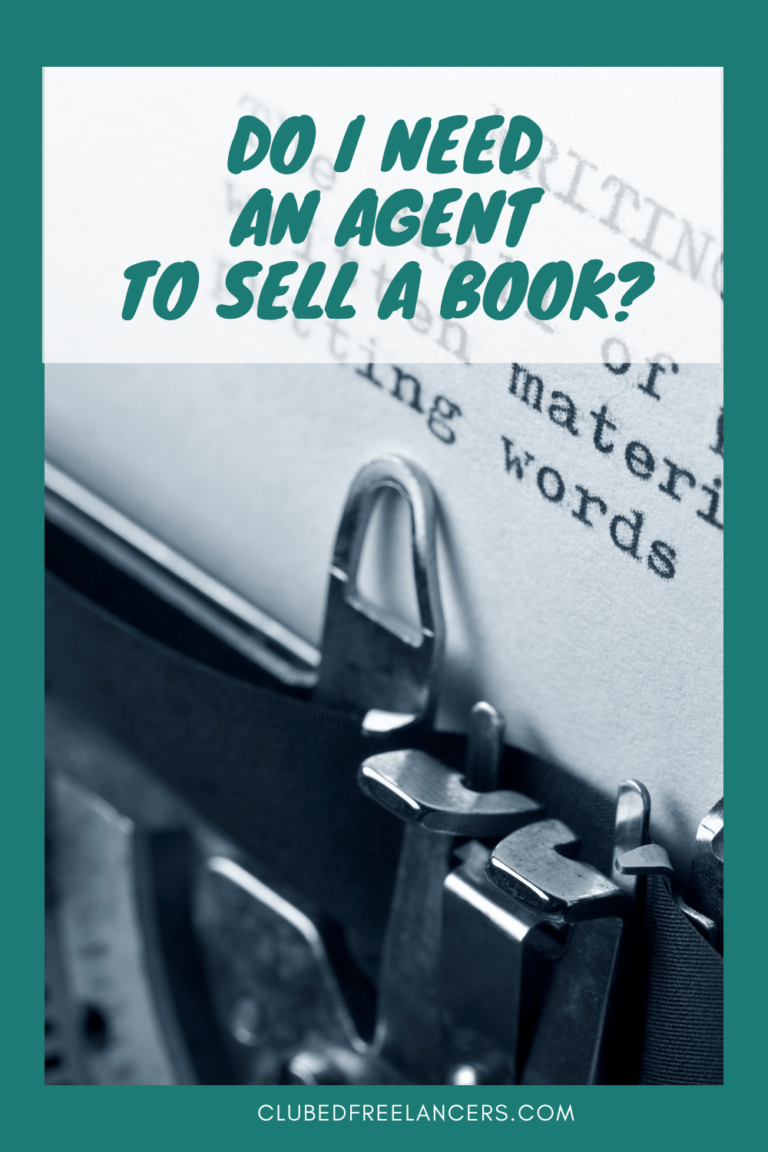2 Biggest Publishing Mistakes Writers Make
Let’s talk about the two biggest publishing mistakes writers make that I actually see over and over again. Are you making these mistakes?
Publish Mistakes Writers Make: The 2 Biggest
In my many years as a book author, agent, and editor, I’ve met thousands of writers, professional and aspiring, and it has struck me that we tend to do one of these two things, neither of which is in our best interest:
- We don’t put our work out into the world. We’re waiting for some future moment when all will be perfect with the work and ourselves. That time will never come, but knowing that doesn’t stop us from waiting.
- We put our work out into the world before it’s ready. By this I mean taking shortcuts to get our work out into the world. Thinking, “This is wonderful and ready!” and hitting send and then finding out that no one agrees with you is one thing. Thinking, “Eh, close enough” and hitting send is another.

I see this happening when people decide to self-publish as a way to avoid the hard work of learning how to be a good writer. For them, self-publishing becomes a shortcut to having their name on a book, not a considered strategy for making good work available to an audience.
Taking a shortcut because otherwise you will have to spend time getting better at the work does you no good in the long run. If you’re trying to be a good writer, or a good anything, then you need to be aware of the trap of the shortcut.
It isn’t only in self-publishing where I see this mistake. I cannot count the number of people who are dissatisfied with their current agents (and for very good reasons, not just the usual angst over the advance should have been huger) but who don’t do anything about it because then they would have to find another agent.
Not only would that mean time spend trying to find one, but maybe they would have to step up their work a notch to catch someone’s eye. It’s easier to stick with the status quo.
Or nonfiction writers who think hiring a publicist will get them out of the work of building a platform and doing publicity (I think publicists are great, but hiring one doesn’t mean your work as an author is done).
Avoiding Shortcuts Can Help Avoid These Mistakes
The simple truth is avoiding shortcuts is likely to help avoid these publishing mistakes writers make.
I struggle with the temptation to take shortcuts myself, a lot more than I would like to admit. In the end, I have learned to ask myself the key question: “Am I considering this because it’s easy or because it’s the right thing for my work?”
Tips for Editors & Writers
The Fine Art of Copyediting Fiction
When copyediting fiction, it’s common to run up against issues that pit author preference against standard editing approaches. For example, in a story I wrote some years ago, the main character’s neighbor is referred to as “3-B” as that is her apartment number and the MC doesn’t know her name. Fine. She can be referred…
Let the manuscript teach you how to edit it
One of the lessons I’ve learned over many years of editing is that you have to let the manuscript teach you how to edit it. Every manuscript is different and every manuscript needs a different touch. Even when an author does something I’ve seen many times before, I have to edit for that particular manuscript,…
Helping Authors Strengthen Story Settings
The setting of a novel consists of multiple elements, big and small, that nest inside each other like those little Russian dolls. We might show this hierarchy of settings like so: If you think about it, the micro setting of “the living room of 601 San Mateo Road Apartment 16” implies the existence of all…
Join the Club!
New to story editing? Begin at the beginning.





